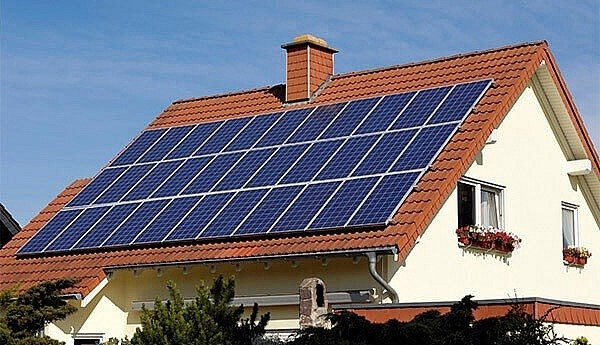
Following the Government's directions, the Ministry of Industry and Trade (MoIT) built and submitted a proposal to the Prime Minister for consideration and approval of a mechanism to encourage the development of rooftop solar power, which is applicable to those installed in residential, commercial and corporate buildings for self-consumption without selling electricity to other organisations or individuals.
Accordingly, the MoIT suggested that investors who invest in and utilise rooftop solar power will be exempted from obtaining power operation licenses and electricity business registration certificates. They will be also prioritised for budgetary allocation, tax exemptions or reductions, and access to loans with preferential interest rates.
This mechanism is not limited in terms of installed capacity. However, the systems must comply with the current regulations regarding electrical safety, construction safety, environment protection, and fire prevention and control.
Relevant ministries and local authorities are required to issue guidelines to simplify procedures for construction, fire prevention and control, environment and electrical safety for buildings with rooftop solar power systems.
The State Bank will act to reduce lending rates or design a preferential lending package specifically targeting the northern region. The Ministry of Finance will prioritise budget allocation to support the development of rooftop solar power systems installed in office buildings, and explore options for tax and fee breaks.
These incentives aim to gradually carry out the freshly-approved Power Development Plan VIII, under which, half of office buildings and homes in the country will be powered by rooftop solar panels by 2030. However, this source will not be connected to the national grid.
The draft proposal also specifies the responsibilities of ministries, agencies, local authorities, the Vietnam Electricity, organisations and individuals regarding the investment and use of rooftop solar power systems./. VNA